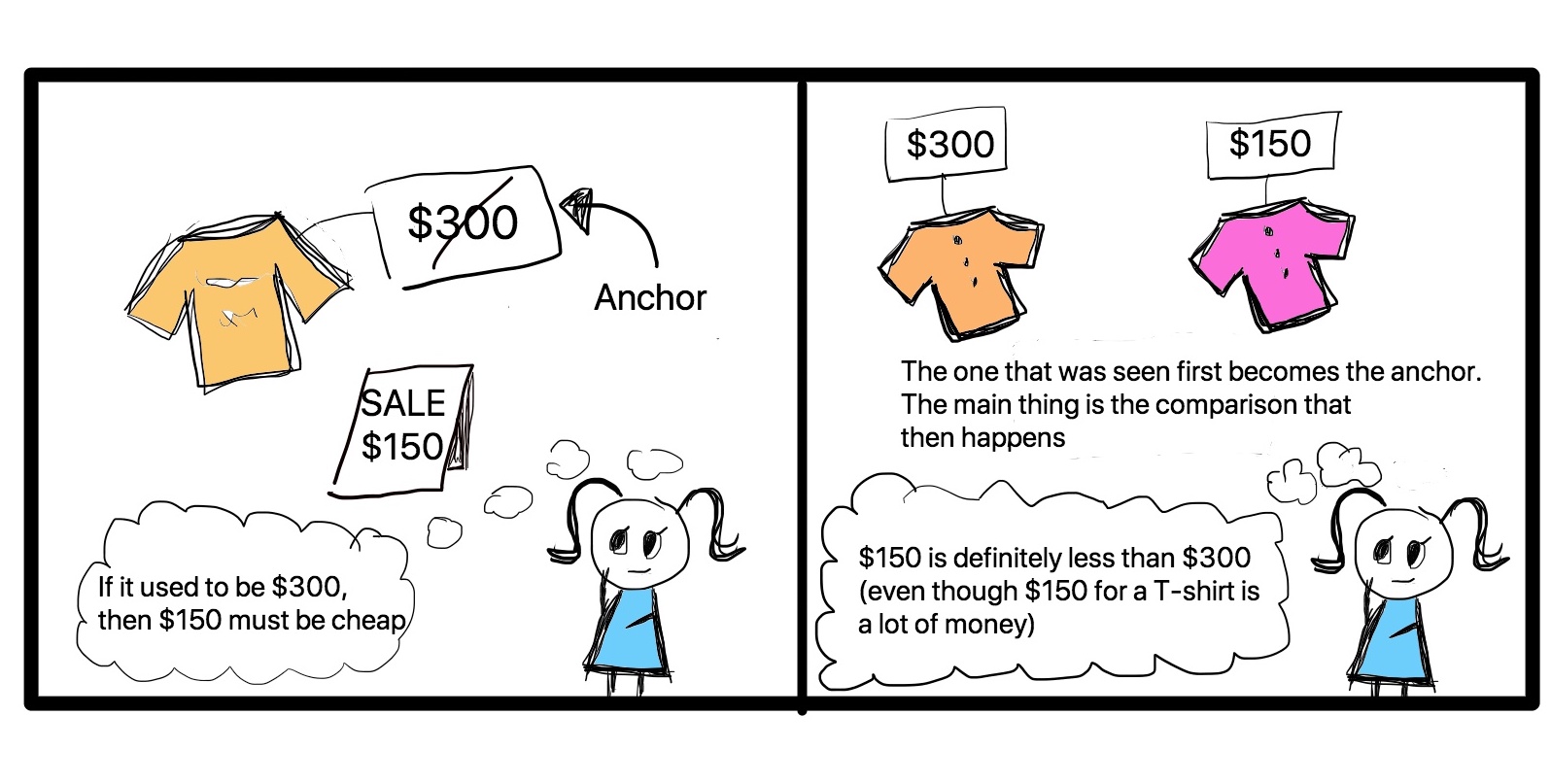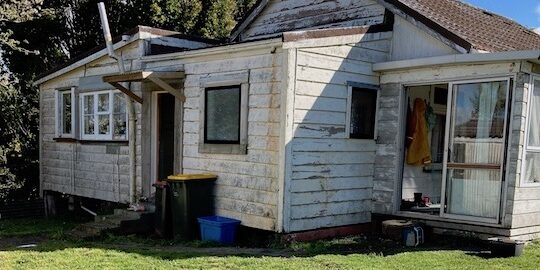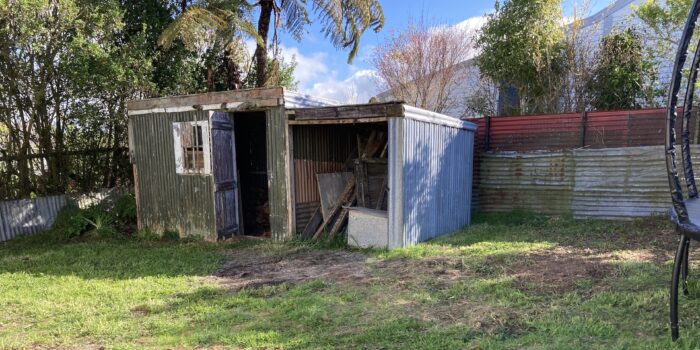5 Ways To Save An Emergency Fund Without Touching Your Main Income
An emergency fund is a corner stone of managing finances. I wanted to have a quick chat why and share some ways to save an emergency fund, even if you have a low income and no spare money.
Why you should save an emergency fund in the first place
Emergency fund is for those life’s sudden expenses that happen to most of us, to some extent or another.
Like your car breaking down. Or your beloved pet getting sick.
Or worse, losing your job and having trouble finding a new one, or getting seriously sick and being unable to work for awhile.
Like I said, sudden expenses happen to most of us, and if we don’t have an emergency fund, then you’re more likely to dip into your other savings or put the bill on credit card.
Both of these options would set you back financially, either you would be further away from your savings goal, or worse paying off debt and interest on it.
That is why emergency funds are awesome, and pretty much necessary for financial health.
If something unexpected happens, you use that money. No guilt. No debt. And you are still on track with your savings goals.

How much do you need then?
This is personal for everyone. 3-6 months of expenses is commonly recommended. Some people feel better with up to 12 months of expenses saved.
By expenses I mean everything you need to live. Think mortgage/rent, utilities, car related costs, food, insurances, rates, any debt payments etc.
You check how much you need for each category per month and add it all up, then multiply with the number of months you want to be able to cover yourself.
For example: Rent $2,000/month, food $800/month, utilities $280/month (inc. power, phone, internet), car $200/month and insurance $100/month. All up in one month = $3,380.
Now if I want to know how much I would need if I wanted to be able to cover 6 months expenses: $3,380 x 6 = $20,280. If you had that in the bank you could live your life without any income for 6 months.
This is the basic way to calculate what the target emergency fund could be.
I landed on my number in a bit of a different way.
Being in a relationship and having no family to fall back on in the event of the relationship breaking down can be scary. So I’ve estimated my emergency fund based on how much I would need if I suddenly needed to get out of my relationship.
Like a bond on a rental, new furniture, couple months of power, internet, phone, food, gas, insurances etc.
While I of course don’t wish my relationship to end, the thought of not being stuck because of money is liberating.
Another thing I want to be able to cover with an emergency fund is sudden flight tickets to go back in case of a family health emergency.
If one of my grandparents got sick I wouldn’t want to have money holding me back from going to see them.
The whole point of an emergency fund is that if something bad happens, you can focus on solving the situation without having to worry about money.
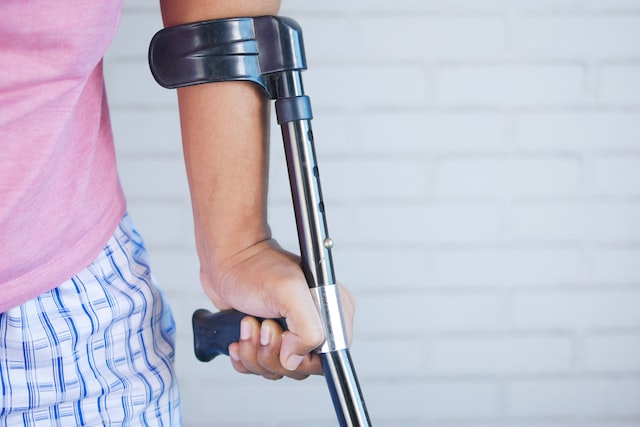
5 ways to save an emergency fund
I hope by now I’ve convinced you that you need an emergency fund. But you might be wondering how to find the spare money to save a big sum of money like that.
Well, here are some ideas on ways to save an emergency fund:
1. Sell unwanted items on Facebook Marketplace or TradeMe
It’s amazing how much items we accumulate over the years and just keep because of the effort of trying to get rid of them feels like too much.
Have a look around your home. Is there anything you don’t need or want anymore? I like to have a pile things to sell and take all the photos at ones.
Then I can either gradually list them or put them up all at once.
You’d be surprised what people are willing to buy!
Once you sell an item you put the money on a separate account straight away. If it’s cash you can either accumulate a bigger amount before depositing (if you can trust yourself not to touch it) or deposit straight away.
You don’t even necessarily need to go to the bank to do that because of the smart ATMs that allow you to deposit notes, some even will let you deposit coins.
2. Online surveys
There are a few platforms that you can sign up on to answer some surveys and get paid for it.
Now this isn’t lucrative but small amounts do add up over time.
I think when I was putting the most effort into surveys I made $400-$500 in a year. It’s not much but just for answering some questions it’s not too bad.
The platforms I used are:
There are other out there, and if you’re not based in New Zealand there should be local opportunities as well.
Now the amounts are small per survey, but like I said, they do add up. Some people enjoy answering them so do give it a go.
For me, I don’t do them anymore as I am very time poor at the moment. But if you have spare time it won’t hurt to try!
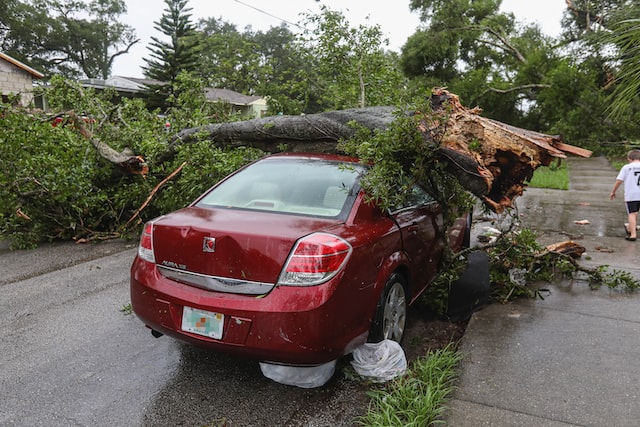
3. Market research panels
Market research panels require a bit more commitment than online surveys but they can also pay quite well.
In New Zealand there is Prime Research you can register with for example, they conduct market research for clients in the form of online panels, interviews and all sorts.
They pay pretty good money, but it can be hard to get chosen to participate. I was chosen once and received $150 for joining an online panel, it only took maybe 2 hours of my time.
Once you register they will send out emails looking for participants, if you fit the criteria you can fill a little questionnaire and if they choose you they will get in touch.
Another one you can register with is the Nielsen Homescan panel, although depending on your area there might a waiting list.
The Homescan panel is about scanning all the barcodes of your consumer goods purchases. When you scan regularly you collect points and those points can be converted into gift cards or Prezzy cards.
4. Babysitting
People are always looking for good babysitters. Do you have anybody in your life who might need a hand occasionally?
Before I took my job at the daycare and started working weekdays, I would help my old workmate during school holidays.
After all, I was already home with my daughter, what’s another kid for a few hours, and my daughter would have company too. And it was some extra cash.
The good thing about babysitting is that it can often be fit around work hours, as there are people who need babysitters at all sorts of hours and days.
Word of mouth is important so mentioning it to friends, workmates, even parents that you’d be interested to do something like that and you never know what will pop up.
5. Cleaning the accounts
Now this isn’t really a way to save without touching your main income, but it is my favourite thing to do.
The point is that like when you are using cash, you might put the change into a piggy bank. Well, this is just doing the same thing with the money in your account.
After a purchase, you round it down to nearest $5 or $10 and transfer the “change” to your emergency fund account.
For example, you have $60 in your account. You buy a $2 lolly bag, that leaves $58. Rounding it down to $55 so there’s $3 difference, which you transfer into your emergency fund account.
And you do this after all purchases. It adds up pretty quick, and rarely you miss those couple of dollars and cents.
I talked about cleaning the accounts in my post about saving money as well.
Saving a big amount like an emergency fund can be daunting, especially if you don’t have much to spare.
While these tips in this post aren’t quick ways to save an emergency fund, they’re something little to get the ball rolling and even start. Because that’s the most important part.
If you do start, and something unexpected happens, you’ll be grateful that you did and have that money available when you most need it. Trust me.
What’s your number 1 tip to save some extra money? I’d love to hear in the comments!


